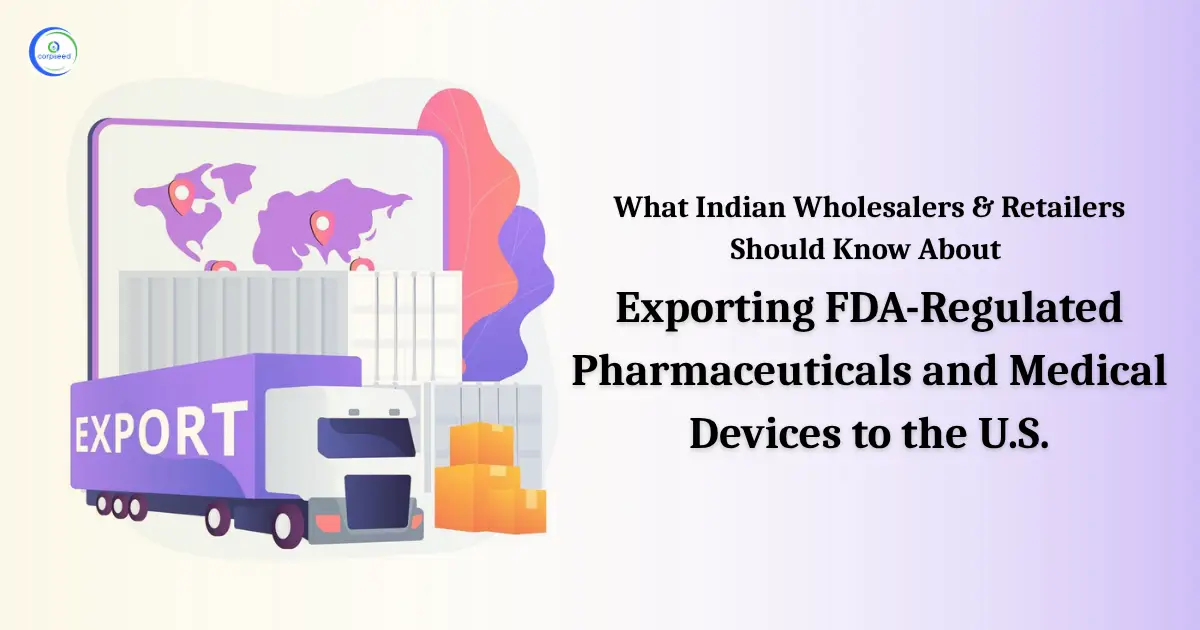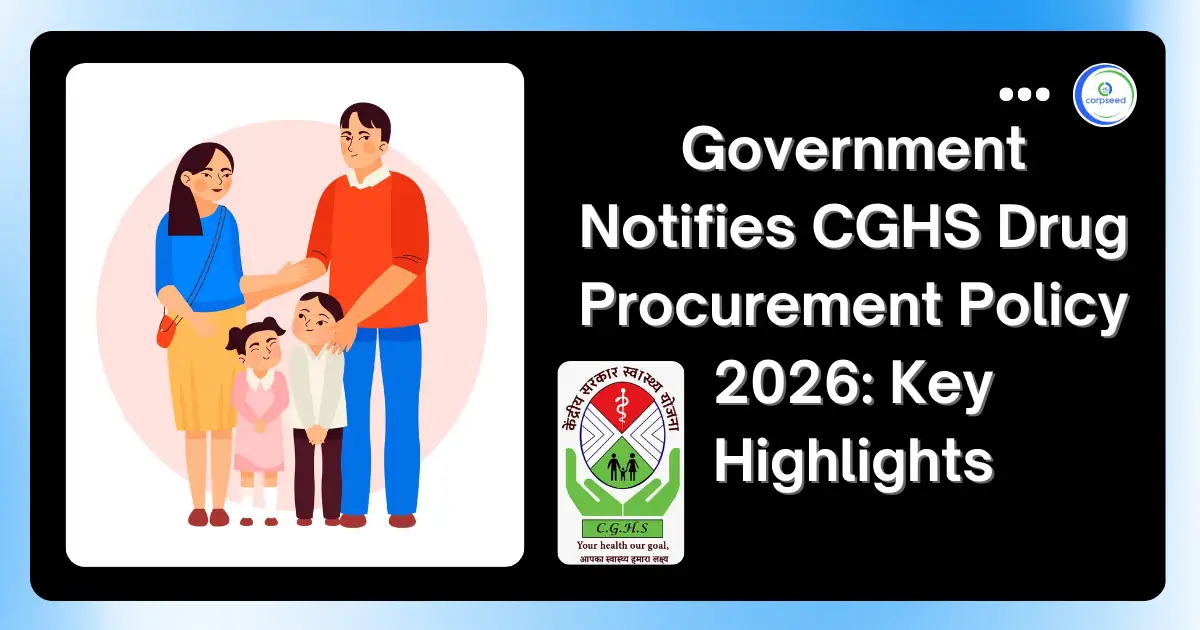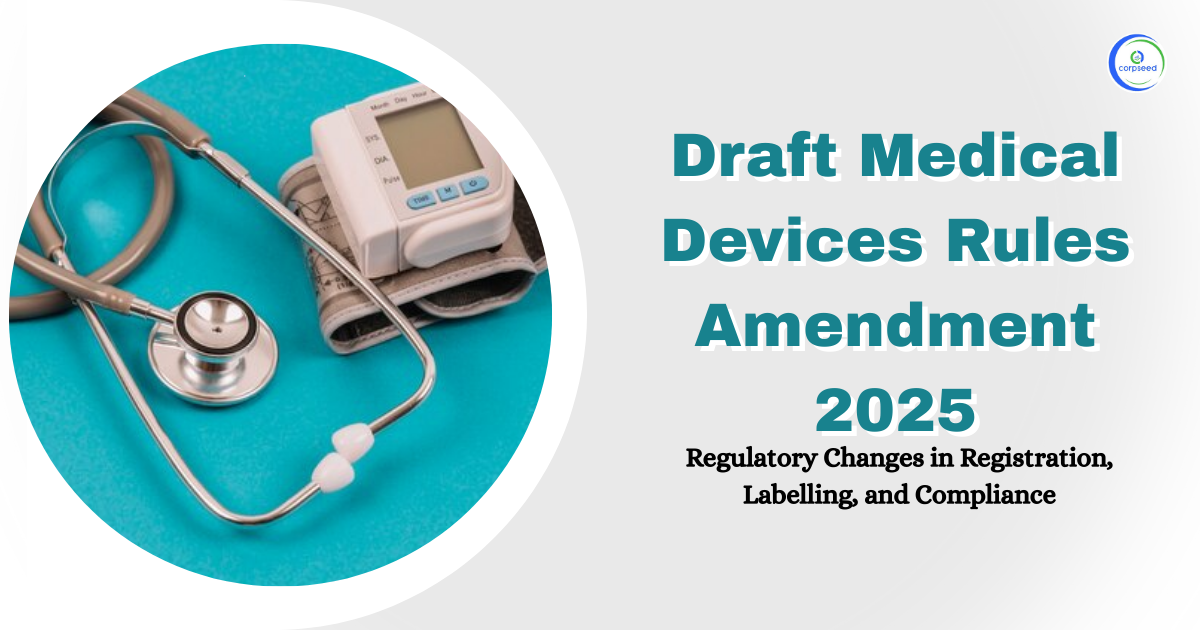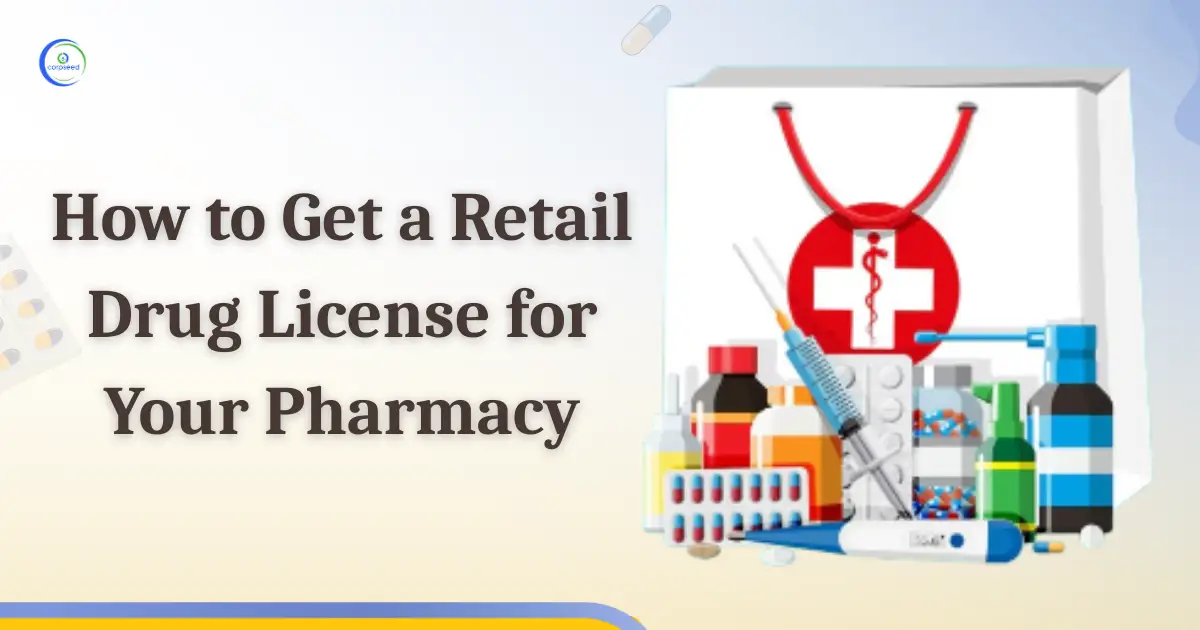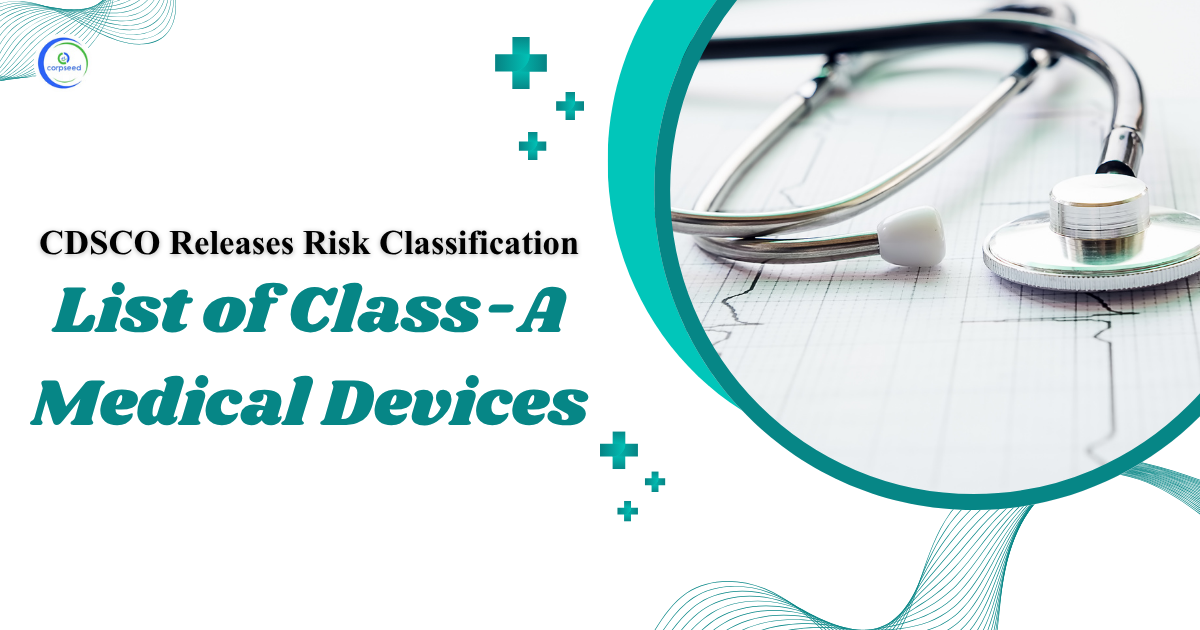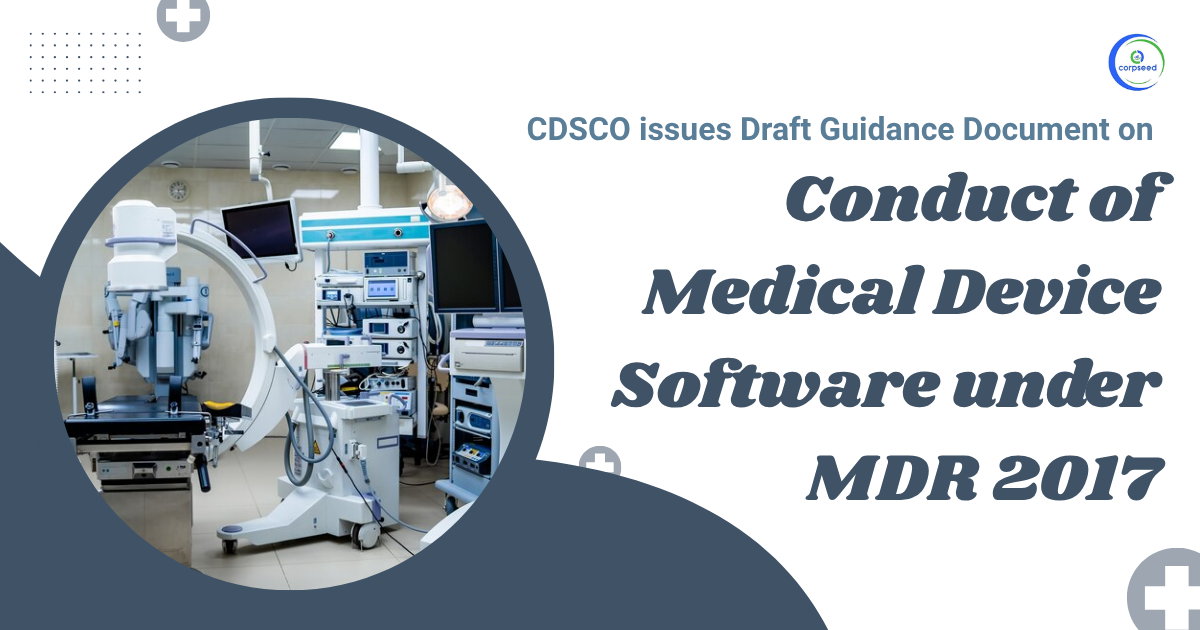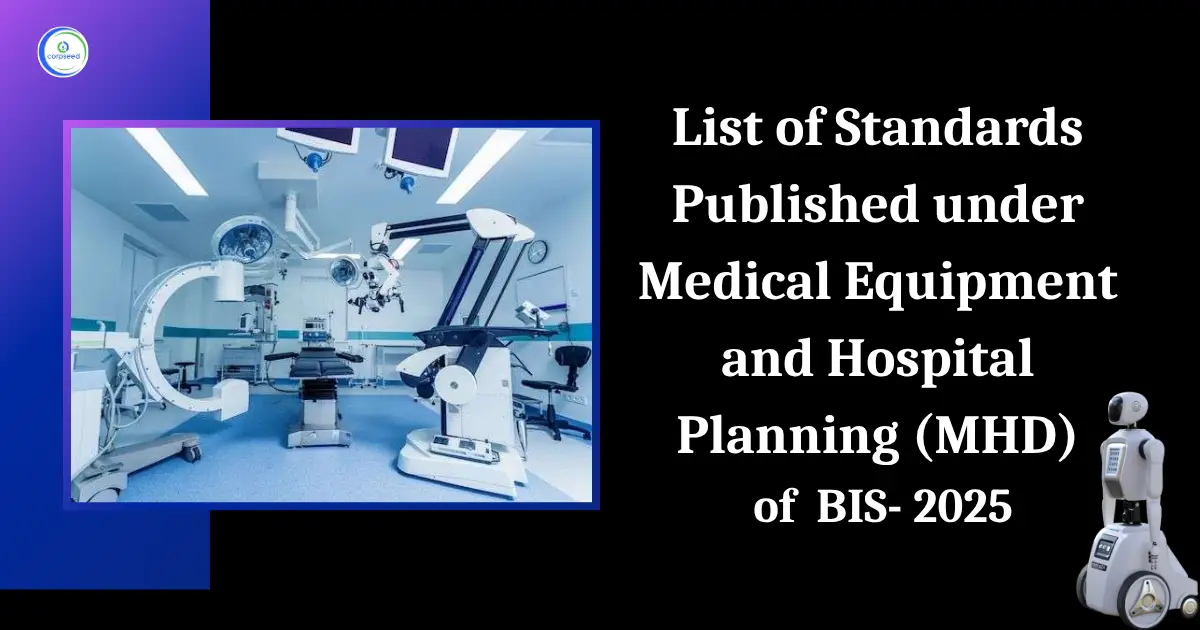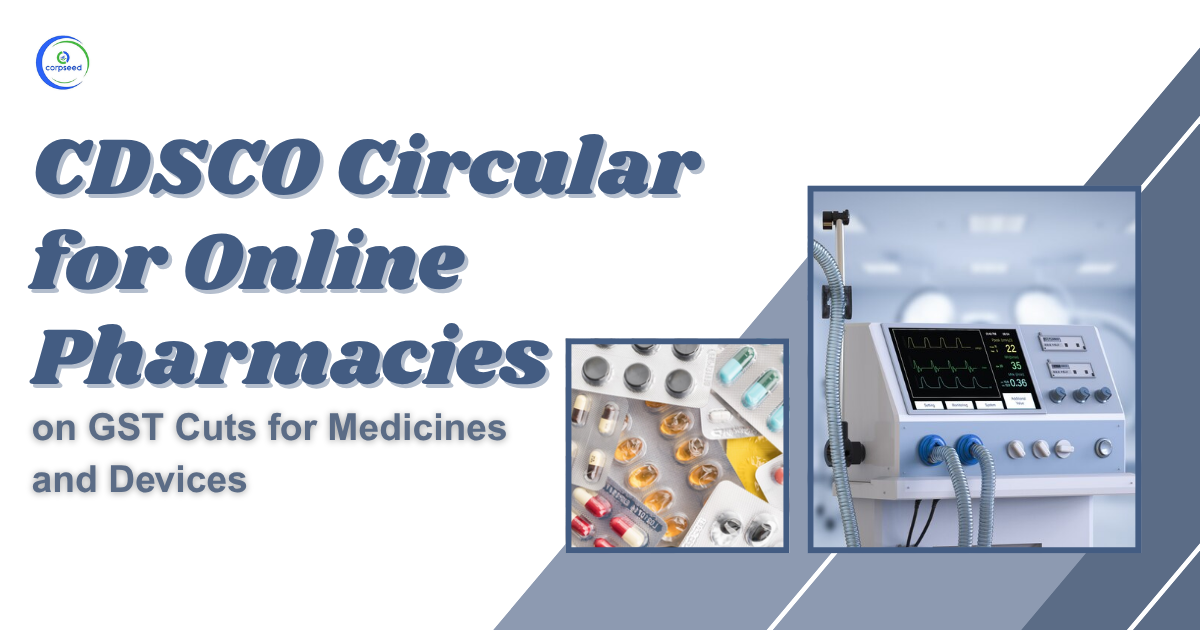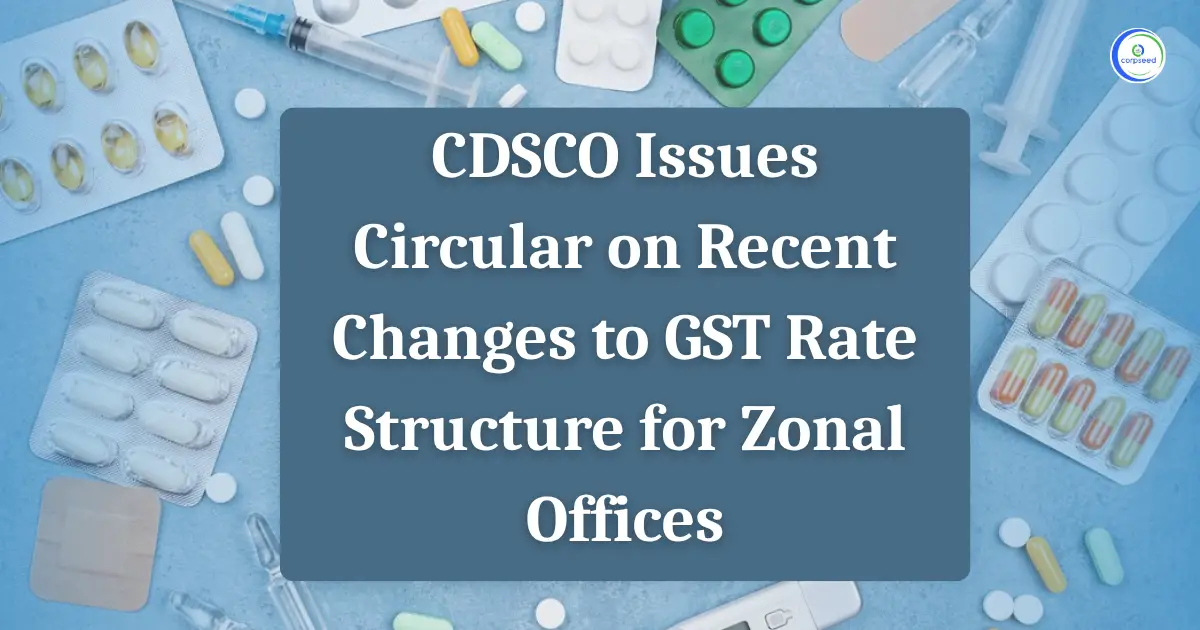India is a significant exporter of pharmaceuticals and medical devices worldwide, with the U.S. being a crucial marketplace. For wholesalers and retailers, exporting to the U.S. can be profitable, but it requires strict adherence to FDA regulations. Understanding the rules, maintaining quality standards, registering facilities, and preparing appropriate documentation are essential. Complying with these steps guarantees smooth customs clearance and creates trust among U.S. buyers.
Table of Contents
Understanding FDA Regulations for Indian Exporters
Exporting pharmaceuticals or medical devices from India to the U.S. is governed by stringent FDA regulations to ensure safety, efficacy, and quality. The FDA monitors both drugs and medical devices imported into the U.S., neediness compliance with Current Good Manufacturing Practices (CGMP) and proper labeling.
Indian exporters are required to register their facilities, maintain correct product listings, and must follow approved manufacturing rules. For drugs, this includes quality control, clinical trial adherence, and proper packaging. Medical devices have additional regulations, including classification, labeling, and post-market reporting.
Failure to adhere to FDA norms can result in delayed shipments, penalties, or rejection at U.S. ports. Associating with regulatory consultants or legal experts can streamline the process, ensuring that wholesalers and retailers understand their responsibilities and can export proficiently while preventing any legal and logistical issues.
Importance of Product Listing
Accurate product listing with the FDA is critical for U.S. market access. It confirms that all medicines and medical devices are acknowledged, approved, and ready for import.
- Each product must include exact formulation, dosage strength, packaging type, and intended use to meet FDA verification standards and avoid shipment rejection.
- Incorrect or missing product details can lead to delays, increased costs, and potential legal complications with U.S. regulatory authorities.
- Updated listings make it easier to track inventory, demonstrate compliance during inspections, and maintain transparency with both FDA and U.S. buyers.
- Maintaining accurate product listings helps build credibility with U.S. buyers and distributors, showing that your business consistently meets FDA standards and regulatory requirements.
Benefits of U.S FDA Compliance
Complying with FDA regulations provides significant advantages for Indian wholesalers and retailers exporting pharmaceuticals and medical devices:
- Builds Credibility with U.S. Buyers: Meeting FDA standards reassures distributors, hospitals, and pharmacies of product safety and reliability.
- Smooth Customs Clearance: Registered products with proper documentation move faster through U.S. ports, reducing delays and storage costs.
- Minimizes Legal Risks: Compliance lowers the chances of fines, shipment detention, or penalties from FDA or U.S. authorities.
- Enhances Market Access: FDA-approved products can compete globally, expanding opportunities for wholesalers and retailers.
- Improves Quality Control: Regular audits and CGMP adherence ensure consistent product quality, boosting brand reputation.
- Supports Business Growth: Compliant exporters can scale operations confidently, leveraging a trustworthy image in the highly regulated U.S. market.
--------------Blog Contact Form-------------
What is FDA Facility Registration?
FDA facility registration is the process of officially registering your manufacturing or distribution site with the U.S. Food and Drug Administration. This step is mandatory for any facility producing or distributing pharmaceuticals or medical devices intended for the U.S. market. Registration allows the FDA to monitor, inspect, and verify that facilities comply with U.S. quality standards. Both drugs and medical devices require facility registration, and the process must be renewed annually to maintain validity.
How to Obtain an FDA Wholesale License?
Obtaining an FDA wholesale license registration is a crucial step for Indian exporters of pharmaceuticals and medical devices. Proper registration ensures compliance with U.S. regulations and smooth entry into the U.S. market. The process requires careful submission of facility and product details to the FDA. The following are steps to obtain FDA Facility Registration:
- Create an FDA Account: Register online by creating a DUNS number, set up your FDA account, and ensure accurate business and contact information to initiate the facility registration process efficiently.
- Provide Detailed Facility Information: Submit the facility name, full address, type of operation, and production capacity, ensuring every detail matches official records to meet FDA regulatory requirements.
- List all Products Accurately: Include all pharmaceuticals or medical devices manufactured at the facility with correct formulation, packaging details, dosage, and intended use for FDA verification and compliance.
- Pay the Required Registration Fees: Depending on your facility type and products, submit the annual registration fees accurately, ensuring the payment is recorded and accepted by the US FDA.
- Review and Submit the Registration: Double-check all submitted information for accuracy and completeness before final submission, then confirm registration with the FDA and retain proof for future inspections.
Documents Required for FDA Registration and Export
Appropriate documentation is necessary for a successful FDA wholesale license and smooth export. Some of the required documents include:
- Certificate of incorporation or business registration
- Manufacturing license issued by the Indian authorities
- Proof of ownership or lease of manufacturing/storage facility
- Detailed product formulation and packaging information
- Certificates of Analysis (COA) for all products
- Quality assurance and control records
- List of all pharmacists or technical personnel involved in production
- Shipping and export invoices for the U.S. market
Also Read: How to Get a U.S FDA Certificate in India?
Conclusion
Exporting FDA-regulated pharmaceuticals and medical devices from India to the U.S. offers lucrative opportunities for wholesalers and retailers. Compliance with US FDA regulations is essential to ensure product safety, smooth customs clearance, and market credibility. By registering facilities, maintaining accurate product listings, adhering to CGMP standards, and keeping all documentation in order, exporters can avoid shipment delays, fines, or legal issues. Understanding U.S. import procedures, collaborating with regulatory experts, and choosing the right export model enables businesses to grow confidently. Ultimately, following FDA guidelines strengthens operational efficiency, builds trust with buyers, and supports long-term success in the competitive U.S. pharmaceutical and medical device market.
FAQ`s
FDA registration is the process of officially registering manufacturing or distribution facilities to ensure products meet U.S. safety, quality, and regulatory standards.
Wholesalers need a wholesale license to supply bulk medicines, while retailers require a retail license for selling directly to U.S. pharmacies or distributors.
FDA registration and product listing typically take 30-90 days, depending on facility type, product details, and verification by U.S. regulatory authorities.
Essential documents include facility registration, product listings, manufacturing license, certificates of analysis, quality assurance records, and shipping/export invoices.
Challenges include compliance with CGMP, accurate labeling, proper documentation, customs delays, and meeting FDA inspections or audits consistently.
This portion of the site is for informational purposes only. The content is not legal advice. The statements and opinions are the expression of author, not corpseed, and have not been evaluated by corpseed for accuracy, completeness, or changes in the law.
BOOK A FREE CONSULTATION
Get help from an experienced legal adviser. Schedule your consultation at a time that works for you and it's absolutely FREE.
